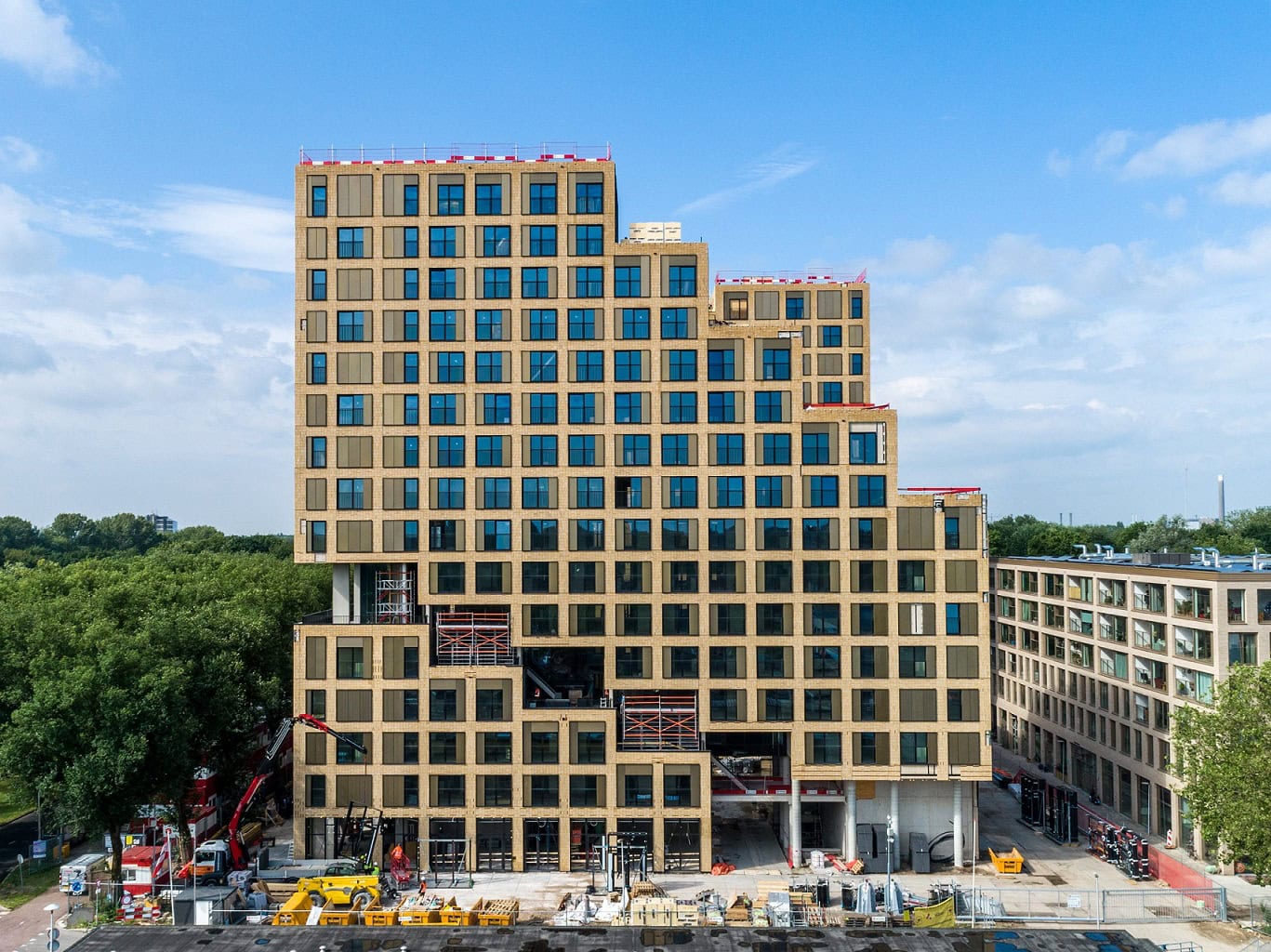International Campus acquires 670 million euros worth of assets in 2021 and continues to source new locations for 2022
- Six acquisitions in 2021 with a cumulative investment volume of 670 million euros
- Five new schemes up and running
- First location of the new HVNS brand for working professionals opened
- 500 million euros of acquisition volume planned for 2022
International Campus (“IC”), a leading investor, developer and operator of concepts for student and urban living in Europe, has expanded its portfolio to 13 assets in 2021. Of these, six properties are already in operation and the remaining seven properties are under development or in construction. As a result, the company has taken a big step closer to its goal of increasing the size of its portfolio to over one billion euros. In the past year, International Campus acquired a total of six development projects, one each in the German cities of Berlin, Freiburg, Hamburg (two schemes), Ludwigshafen/Mannheim and in the Dutch city of Leiden. In addition, five properties assumed operation in Aachen, Freiburg, Hamburg, Munich and Utrecht, respectively, while the first location of the new HVNS residential brand for working professionals opened for business in Hamburg. With THE FIZZ in Utrecht, International Campus opened its first scheme in the Netherlands.

“The six acquisitions with an investment volume of around 670 million euros in 2021 illustrate how wide the spectrum is of eligible investments for International Campus: We typically develop and build ourselves or alternatively purchase projects from developers via forward deals. We will look at nearly completed or operational schemes for urban living and run a portfolio check. Rather than limiting our reach to big cities, we also like smaller cities with thriving universities for our student living format,” said Rainer Nonnengässer, Executive Chairman of IC. “One area we are increasingly interested in is the integration into neighbourhood developments. A case study is the new scheme in Ludwigshafen, which will be part of the planned Ludwigs-Quartier. We also review older office buildings that no longer meet today’s user requirements or ESG criteria in terms of conversion potential.”
Michael Stapf, Chief Investment Officer of IC, added: “International Campus invests on its own balance sheet to keep growing. Out of the sum total of 1.3 billion euros worth of properties that changed hands on Germany’s student housing and micro-apartment market last year, International Campus secured assets in a value of c. 600 million euros. In 2022, we want to invest a further 500 million euros in new properties and developments for both of our brands, THE FIZZ and HVNS. In the Netherlands alone, we have around 1,500 additional residential units in the pipeline. We will continue to look for suitable projects in Germany, the Netherlands, Austria and the Czech Republic. After acquiring 2,900 beds in 2021, our goal is to add 2,500 to 3,000 beds annually to our portfolio over the coming years.”
“We started off 2021 by going live with our first property under the new HVNS brand in Hamburg, effectively moving into another segment of the urban housing market. This is a residential format relatively new in Germany but common and growing in the UK and US markets and in the Netherlands,” noted Gawain Smart, CEO of IC. “Our living and service concept HVNS is aimed at the major Dutch and German metropolises with strong labour market mobility and a strong demand for comfortable, furnished and fully equipped residential accommodation.”
International Campus is helping to meet the enormous demand for apartments through its rapid expansion. Student accommodation is in short supply in most campus towns. “Over the past 20 years, the number of full-time students in Germany has gone up steadily, by more than 50 percent in the years since 2008 alone. The number of working professionals looking for a pragmatic temporary place to stay is also growing steadily,” added Rainer Nonnengässer.
The fact is reflected not least on the transactions market for student flats and micro-apartments in Germany, as it grew by 111 percent to 1.3 billion euros between 2020 and 2021, according to CBRE, and thereby recovered from the “Covid-19 shock.” CBRE also reported that Germany’s “Big Seven” cities accounted for 60 percent of the transaction volume, with prime yields dropping to around 3.4 percent.



